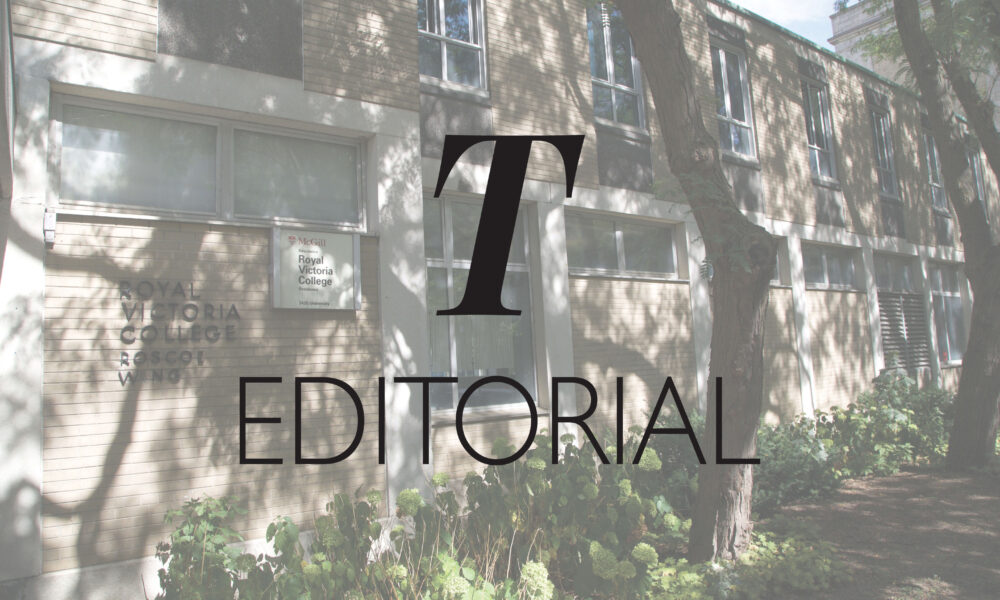On March 22, the Mobile Legal Clinic and associated lawyers went to court demanding that the provincial government stop its eviction of more than a dozen houseless people under Montreal’s Ville-Marie Expressway. The encampment has been occupied for over six years, during which the residents were subject to police raids and violence from local residents seeking to push them out. The group’s legal support claimed that the province’s attempt to raze the camp was a violation of the Charter rights to life, liberty, safety, and dignity. The plaintiffs, including a pregnant woman and a terminally ill man, requested the government grant them an injunction against Quebec’s Transport Ministry, which wants to clear the camp to begin repairs to the underpass.
The province agreed to pause the eviction and to find housing solutions for the plaintiffs. But the event illustrated the persistent negligence and failure of the municipal and provincial governments to provide for the city’s unhoused population. Housing is a basic human right which cities across the country are neglecting to make affordable, while actively destroying the communities unhoused people form within encampments. The provincial government must go beyond their legal obligations to find housing for the city’s most vulnerable, through greater support to harm-reductive shelters, stricter regulations on skyrocketing rents, and a humane, anticolonial approach to housing people without destroying communities.
An Indigenous person in Montreal is up to 27 times more likely to experience houselessness than a non-Indigenous person, and an Inuk is almost 80 times more likely. The ongoing legacies of colonial projects, such as the High Arctic relocations of the 1950s, and unceasing systemic discrimination are the primary risk factors of Indigenous housing precarity. Each of the government’s violent attempts to break up the networks and support systems of Montreal’s unhoused people reproduces this intentional destruction of Indigenous communities and again, fails to offer adequate state care and redress. Any solutions must therefore be rooted in Indigenous-led practices of community care, and institutions such as the police, an actor of colonial violence, should not be employed to interact with the houseless, who are unjustly ticketed for simply existing in public space
The COVID-19 pandemic revealed the extent of the government’s criminalization and disgraceful mistreatment of Montreal’s unhoused people. The province’s draconian curfew rules did not exempt the city’s houseless, despite the dramatically reduced capacities of shelters in the city, and resulted in the death of Raphaël André, an Innu man whose body was found in a portable toilet steps away from a shelter. The city cleared numerous encampments, seized tents, and disposed of people’s winter clothing under the guise of public health and safety. Following Joyce Echaquan’s death in September 2020, an overt case of systemic medical racism, Premier François Legault refused to recognize the existence of systemic racism in the province. While Montreal’s mayor, Valérie Plante, has criticized the insufficient funds to housing in Quebec’s new budget, she continuously allocates exorbitant funds to public “safety,” the police.
The government, the police, and even its hospitals are rooted in systemic violence, surveillance, and discrimination. The city’s violence towards its unhoused population also manifests materially, as it incorporates hostile designs and exclusionary architecture restricting houseless people’s access to public spaces. Installing metal armrests and shallow seating on benches means that Montreal’s unhoused cannot lie down to rest. The city must end its dangerous, exclusionary, and racist design models, and instead actually invest in projects that foster community in public spaces.
As McGill students, we interact with unhoused people every day, but many of us are so desensitized to government failure that it strikes us as normal. Individuals living in Milton-Parc without a safe, warm place to sleep at night will never be normal or just. While the municipal and provincial governments must work towards holistic solutions, students must treat their unhoused neighbours with respect and dignity and at the same time advocate for change.
The precarity of Quebec’s unhoused population has been and remains manufactured by the government. Any efforts to resolve this crisis must address, through culturally responsive and historically comprehensive recognition of, the structural violence that Canada’s colonial systems have enacted.








